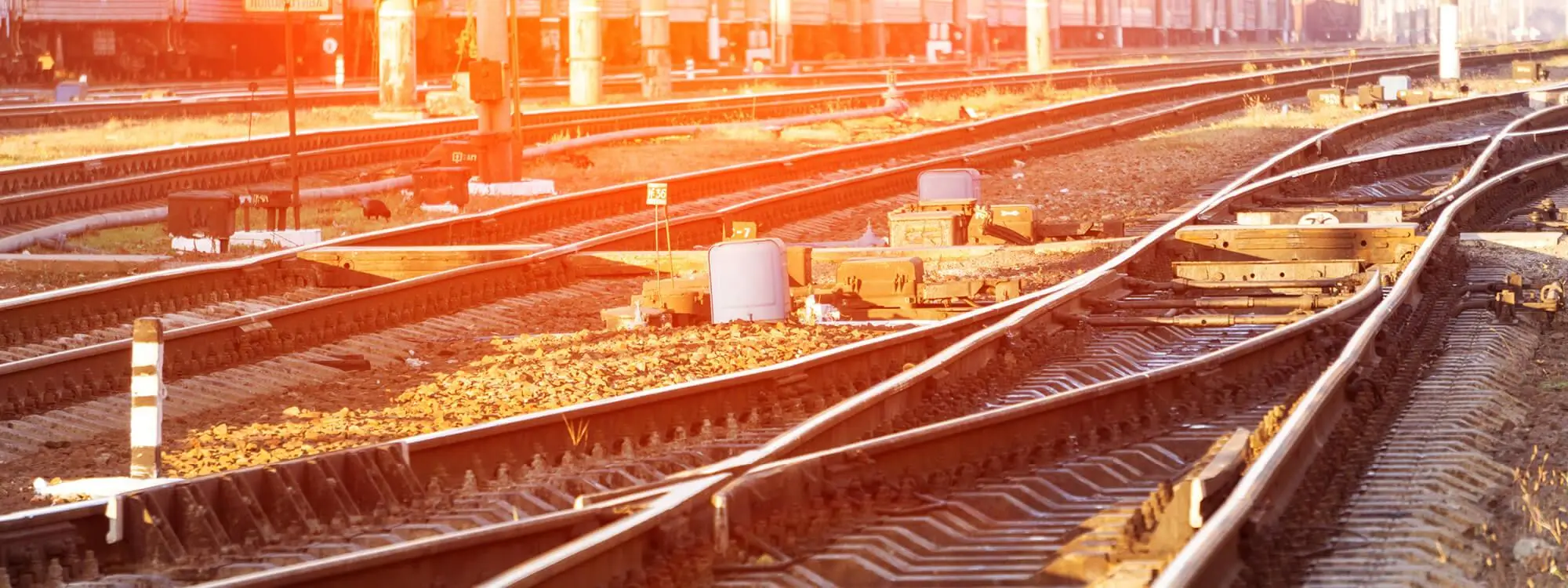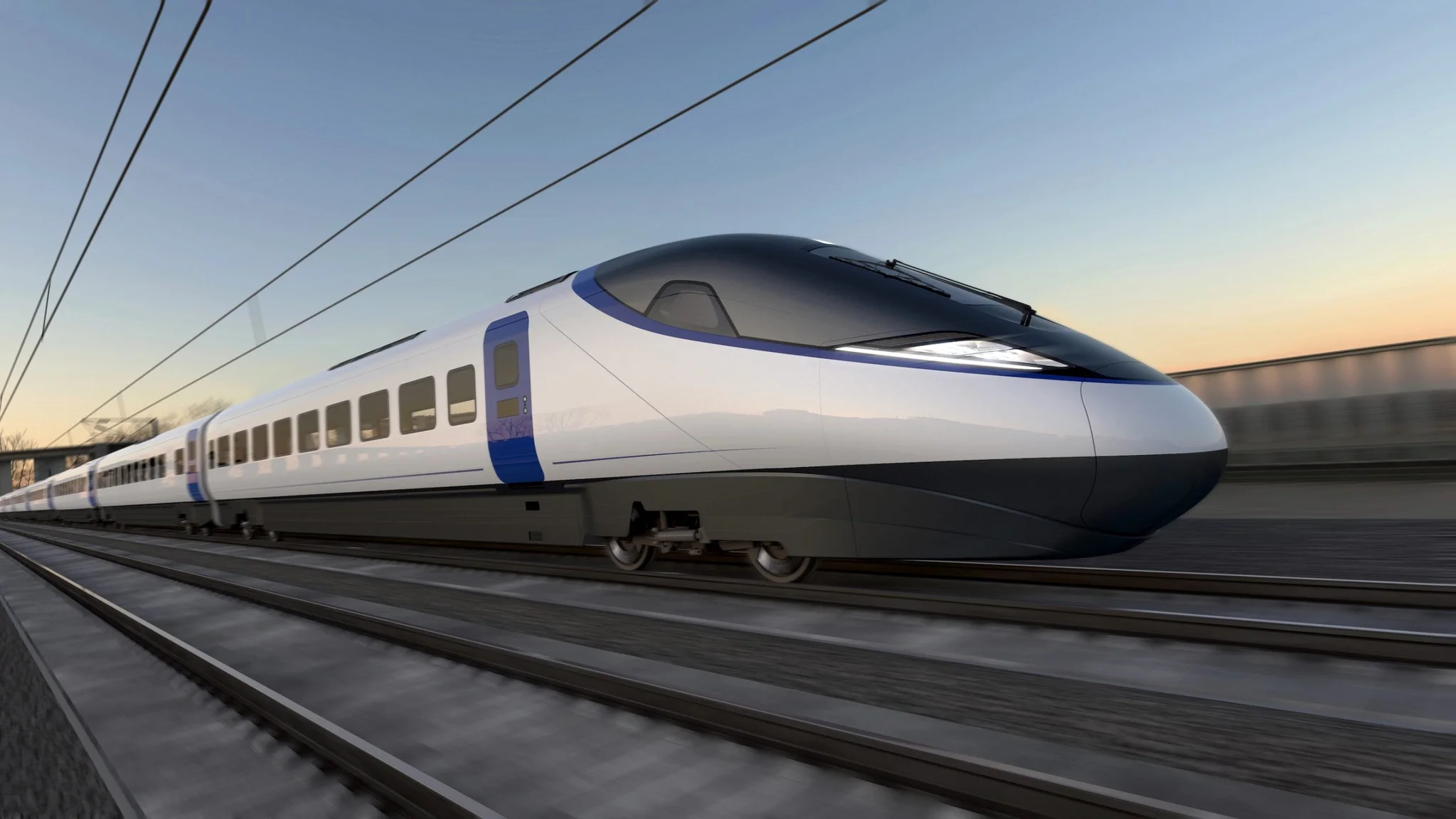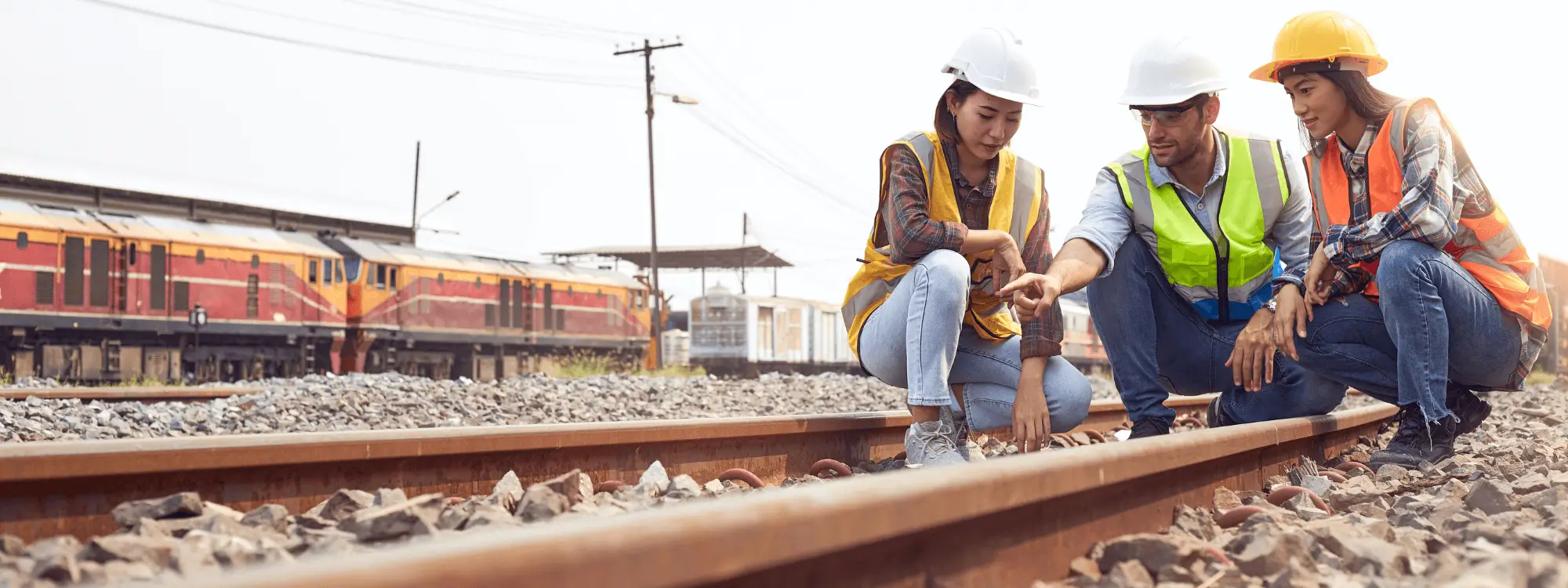CP7 Rail Recruitment Strategy: How Rail Organisations Are Gearing Up
As the UK rail sector moves into Control Period 7 (CP7), spanning 2024 to 2029, the spotlight is on one game-changer: workforce readiness. While investment, sustainability, and tech upgrades are grabbing headlines, it’s the people turning those plans into action who will determine success. Effective CP7 recruitment is central to achieving this.
Navigating the Skills Shortage
The skills shortage in rail is well known. With a significant portion of the workforce approaching retirement and growing demand for specialist skills like electrification and digital signalling, the industry faces a critical crossroads.
More than just a numbers game, this is about having the right mix of expertise. As projects adopt advanced technology, traditional skills need a digital boost, requiring data literacy and cross-discipline collaboration. Strong CP7 recruitment ensures the right talent is in place to meet these demands.
Safety Compliance: A Complex Puzzle
Safety is the foundation of rail, and entering new regulatory territory makes compliance a team effort. With tech-forward projects and diverse delivery models, maintaining strong safety standards across multiple teams and subcontractors is essential.
Modern resourcing strategies go beyond filling gaps. They require investing in fully trained, certified talent committed to ongoing development. The cost of getting this wrong extends beyond finances, affection reputation and, most importantly, safety. Strategic CP7 recruitment planning helps mitigate these risks.
Building Agile, Future-Ready Teams
To meet these challenges, leading rail organisations are moving away from static resourcing and creating flexible, connected teams:
- Combining permanent talent with contractors, consultancy partners, and digital workforce planning tools
- Developing talent streams through graduate schemes and technical college partnerships
- Building multi-skilled teams that can adapt as projects evolve
- Strengthening supplier relationships to access niche skills efficiently
- Using data insights to identify and address workforce gaps proactively
These approaches support efficient CP7 recruitment and ensure teams are ready for both current and future demands.
The Power of Collaboration
Rail doesn’t operate in isolation. Success in CP7 depends on collaboration between clients, Tier 1 contractors, SMEs, and other specialists. Sharing knowledge, implementing standardised skills frameworks, and running joint skills initiatives are no longer optional - they’re essential.
CP7 offers a unique opportunity to not just meet challenges but to develop a resilient, adaptive, and highly skilled workforce ready to deliver safer, smarter, and more sustainable rail projects.
Workforce readiness for CP7 is about more than numbers. It’s about capability, agility, and foresight. Organisations investing in people, technology, and partnerships now will be the ones to succeed over the next five years and beyond.
Kenny Burton, Rail Department Manager, explains:
"Success in CP7 isn’t just about filling seats; it’s about placing the right talent at the right time, with the agility to adapt to the ever-evolving railway landscape. CP7 recruitment strategy is key to making this happen."
Take the leap and start your CP7 recruitment strategy today.




